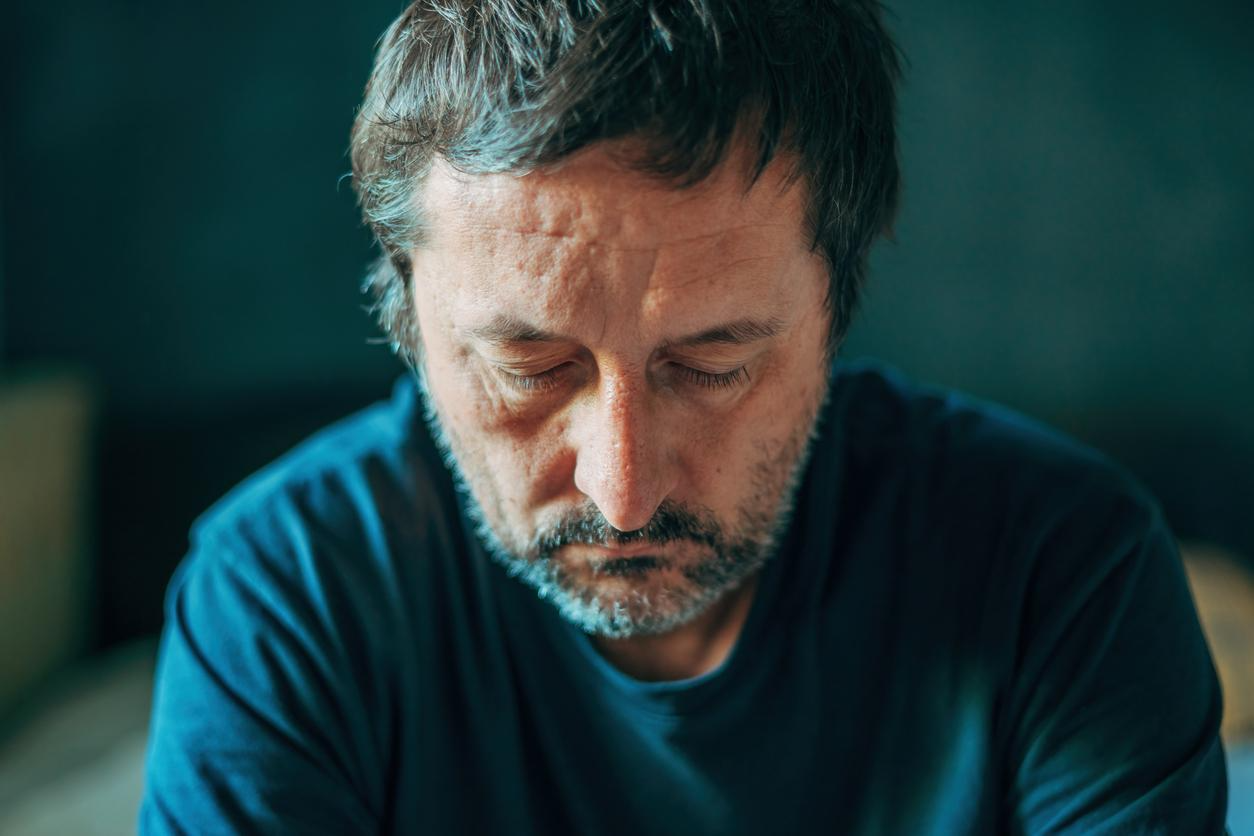When most people think about testosterone, they picture its role in building muscle, maintaining energy, or supporting sexual health. However, this hormone may also play an important role in mental and emotional well-being.

Research shows that testosterone can influence mood, motivation, focus, and even how we respond to stress. For many men, declining testosterone levels can quietly chip away at their emotional balance and resilience, yet this connection is often overlooked in mental health conversations.
World Mental Health Day on October 10 is the perfect time to highlight how hormones like testosterone impact mental health and why awareness matters.
Testosterone and the Brain
Testosterone is more than a reproductive hormone; it’s a neuroactive steroid that interacts with the brain in complex ways. According to research, testosterone affects brain structure, neurotransmitter activity, and the neural circuits involved in emotional regulation.

Testosterone works through two main pathways:
- Organizational effects during development, which influence how the brain’s structure forms.
- Activational effects in adulthood, which affect how the brain functions on a day-to-day basis.
These activational effects are especially important for mood as testosterone interacts with receptors in the brain regions that process emotions, including the amygdala and hippocampus.
Low Testosterone and Depression in Men
The relationship between low testosterone and depression in men has been explored in multiple studies. A 2020 review article published in Andrology notes that men with low testosterone often report higher rates of depressive symptoms, fatigue, irritability, and reduced motivation.

Symptoms can include:
- Persistent sadness or low mood
- Loss of interest in previously enjoyable activities
- Fatigue and low energy
- Difficulty concentrating
- Increased irritability or anxiety
- Sleep disturbances
While not all depression in men is caused by low testosterone, research indicates that hormonal imbalances may make men more vulnerable to mood disorders or make existing depression harder to manage. For example, one study found that testosterone therapy was associated with improvements in depressive symptoms, particularly in men with lower baseline testosterone levels.
Testosterone and Emotional Balance
Testosterone’s influence on neurotransmitters, stress hormones, and brain activity may play a role in maintaining emotional balance, or the ability to stay centered despite challenges.
When testosterone levels drop, men may notice they feel “off” emotionally, even without clear feelings of sadness. This may manifest as:
- Becoming more easily frustrated
- Feeling less motivated or engaged
- Struggling to bounce back from stress
- Experiencing brain fog or mental fatigue
The same 2020 review article previously mentioned notes that these changes may also impact social functioning.
Self-esteem, Motivation, and Mental Clarity
Beyond mood regulation, testosterone can influence self-confidence and drive. A 2025 article published in Biological Psychiatry: Cognitive Neuroscience and Neuroimaging found that testosterone can impact how men process social feedback, which can shape self-esteem in real time.
Feeling confident in social and work settings can reinforce motivation and help maintain a positive outlook, both important components of mental resilience.
When testosterone levels decline, some men report feeling less assertive, less decisive, and less focused. This may contribute to the “brain fog” often described by men with low testosterone, where concentration and mental sharpness seem harder to maintain.
Research on Testosterone Treatment and Mood
The question many men ask is: Can testosterone therapy improve mood and mental health?
A 2019 meta-analysis pooled results from randomized controlled trials and found that testosterone treatment was linked to a moderate reduction in depressive symptoms, especially in men with low baseline levels. These improvements were seen across different age groups but were most consistent in middle-aged and older men.

However, testosterone therapy isn’t a one-size-fits-all solution for depression. TRT should be considered in the context of a complete medical evaluation and primarily for men with clinically low levels and related symptoms. In men with normal testosterone levels, TRT is not likely to help improve mood, and these men should seek more appropriate mental health support.
Supporting Mental Health Through Hormone Awareness
World Mental Health Day is a reminder that emotional well-being is multifaceted. Hormones are one piece of the puzzle, but they’re often overlooked in mental health assessments. Men who experience ongoing low mood, fatigue, or loss of motivation should consider a comprehensive evaluation that includes hormone testing.
When to Talk to a Healthcare Provider
If you suspect low testosterone might be affecting your mental health, schedule an appointment with your healthcare provider or a men’s health clinic. They can:
- Order blood tests to check testosterone and related hormones
- Evaluate for other potential contributors to mood changes
- Discuss whether testosterone therapy is appropriate
- Provide guidance on lifestyle and medical interventions to improve mood and resilience
The goal isn’t just to boost hormone levels; it’s to restore energy, emotional balance, and overall quality of life.
A Healthier Mind, A Stronger You
Testosterone is often discussed in the context of physical performance, but its role in mental health is equally important. From supporting mood stability to influencing motivation and self-esteem, testosterone may be a key player in emotional resilience.
On World Mental Health Day, remember that mental well-being isn’t just about managing stress or talking through challenges; it’s also about understanding the biological factors that influence how we feel and function. By paying attention to hormonal health, men can take a more complete, proactive approach to protecting their mental and emotional vitality.
Want to learn more about testosterone and how to support your health? Sign up for our newsletter for expert tips and insights.
.svg)


.svg)






